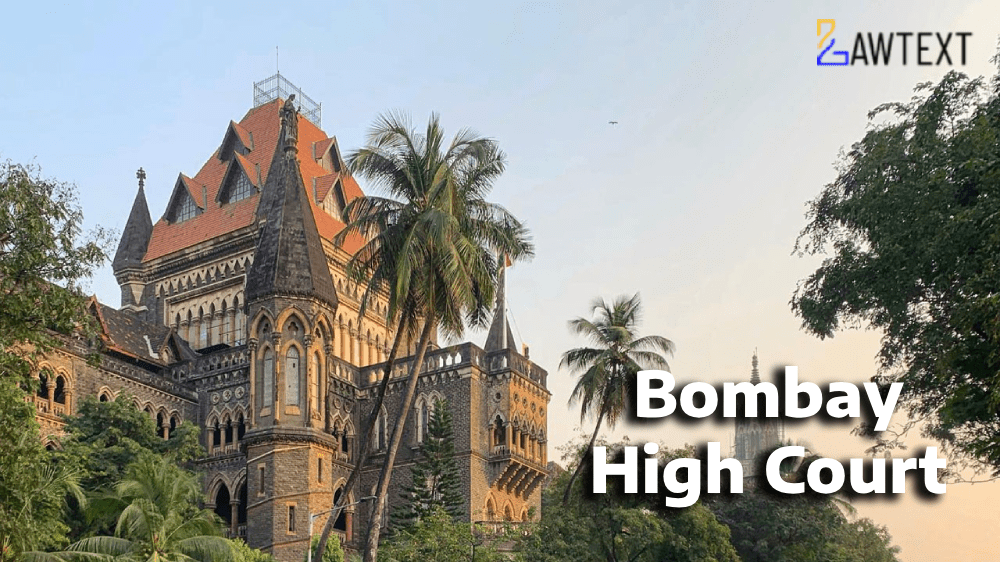

Limitation Period — Condonation of Delay — Section 254(2) of the Income Tax Act, 1961 — Jurisdiction of ITAT — Supreme Court’s COVID Limitation Order — No Power to Condon Delay Beyond Six Months.
The Bombay High Court dismissed the petition, affirming the ITAT’s order and holding: (a) Section 254(2) of the IT Act, 1961, provides a strict six-month limitation period for rectification applications, and the ITAT has no jurisdiction to condone delays beyond this period. (b) The Supreme Court’s COVID-19 limitation extension order did not apply as the petitioner’s limitation period expired beyond the specified COVID period.
Acts and Sections:
Constitution of India (COI) — Article 226 — Writ Jurisdiction — Judicial Review.
Income Tax Act, 1961 (IT Act) — Section 254(2) — Rectification of Orders — Limitation Period of Six Months — No Power to Condon Delay Beyond Six Months.
Supreme Court’s Suo Motu Writ Petition (C) No.3 of 2020 — Extension of Limitation During COVID Period.
Subjects:
Condonation of Delay — ITAT Jurisdiction — Limitation Period — Rectification Application — Supreme Court’s COVID Order — Six-Month Limitation — Judicial Review — Sufficient Cause — Miscellaneous Application.
Nature of the Litigation: The petitioner, Leena Power Tech Engineers Pvt. Ltd., challenged the Income Tax Appellate Tribunal’s order dated 03 November 2023, which dismissed the petitioner’s miscellaneous application as barred by limitation.
Relief Sought: The petitioner sought the setting aside of the ITAT’s order, condonation of the delay, and directions to the ITAT to decide the miscellaneous application on merits.
Reason for Filing the Case: The ITAT rejected the petitioner’s application for rectification, citing a delay beyond the statutory six-month period provided under Section 254(2) of the IT Act, 1961.
Prior Decisions: The ITAT, by its order dated 21 September 2021, dismissed the assessee’s appeal. The miscellaneous application for rectification was filed on 26 August 2022 — approximately three months after the expiration of the limitation period on 31 May 2022.
Issues:
Whether the ITAT had the jurisdiction to condone the delay beyond the six-month limitation period prescribed under Section 254(2) of the IT Act, 1961.
Whether the petitioner could claim the benefit of the Supreme Court’s order extending the limitation period during the COVID-19 pandemic.
Submissions/Arguments:
(a) Petitioner’s Argument:
Contended that there was no delay considering the Supreme Court’s order dated 10 January 2022 in Suo Motu Writ Petition (C) No.3 of 2020, extending the limitation period during the COVID-19 pandemic.
Argued that even if there was a marginal delay of three months, there was sufficient cause for condonation.
(b) Respondent’s Argument:
Asserted that the Supreme Court’s order did not apply as the limitation period expired on 31 May 2022 — beyond the specified COVID period of 15 March 2020 to 28 February 2022.
Cited Ram Baburao Salve Vs. Assessing Officer, Ward (17)(3)(1), Mumbai & Ors (2024) 162 taxmann.com 354 (Bombay), holding that the ITAT had no jurisdiction to condone delay beyond the prescribed six-month period.
Ratio:
The ITAT correctly dismissed the petitioner’s application as barred by limitation, consistent with judicial precedent affirming the ITAT’s lack of jurisdiction to condone delays beyond the statutory six-month period.
Citation: 2025 LawText (BOM) (2) 252
Case Number: WRIT PETITION (L) NO. 37437 OF 202
Date of Decision: 2025-02-25
Case Title: Leena Power Tech Engineers Pvt. Ltd. Versus Deputy Commissioner of Income – Tax Circle – 15(I)(2) and Ors.
Before Judge: M.S. Sonak & Jitendra Jain, JJ.
Advocate(s): Mr Rahul Hakani, a/w Mr Anubhav Singh, Ms Siddhi Sawant, for the Petitioner. Mr Akshileshwar Sharma, for the Respondent-Income Tax.
Appellant: Leena Power Tech Engineers Pvt. Ltd.
Respondent: Deputy Commissioner of Income – Tax Circle – 15(I)(2) and Ors.